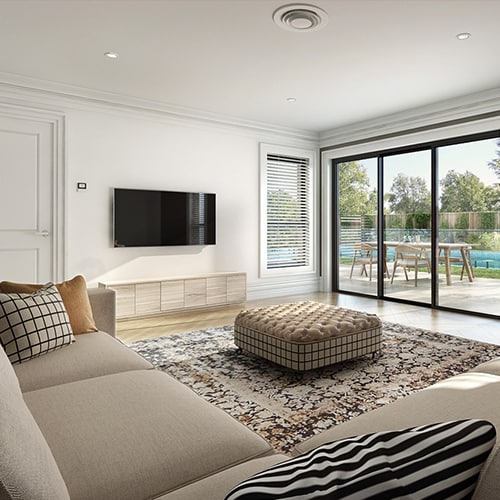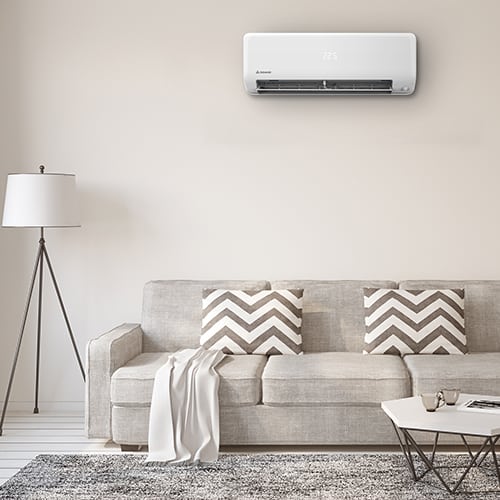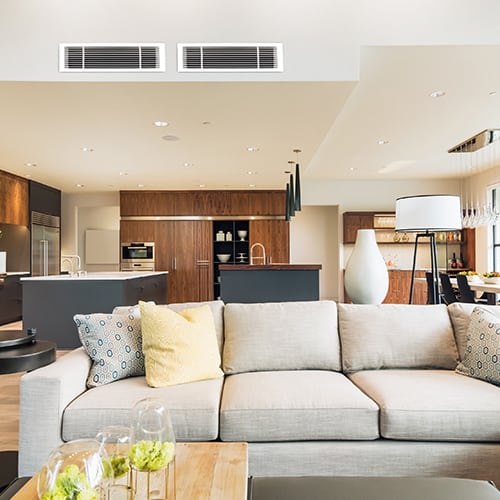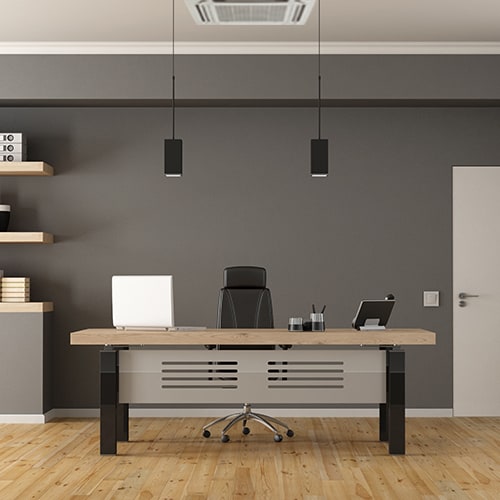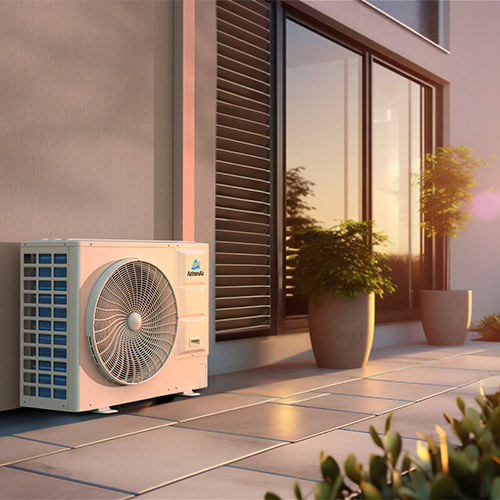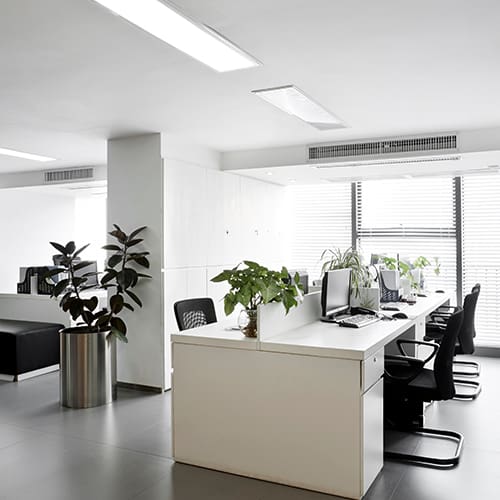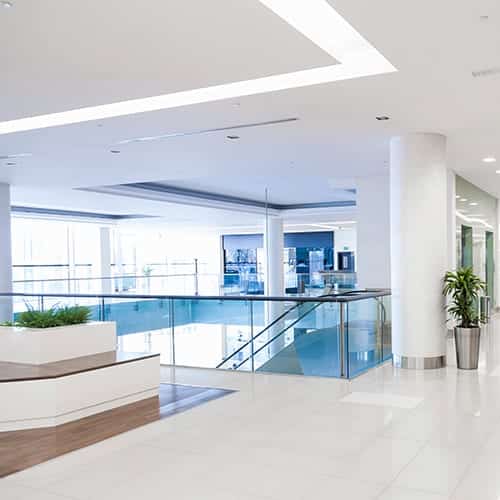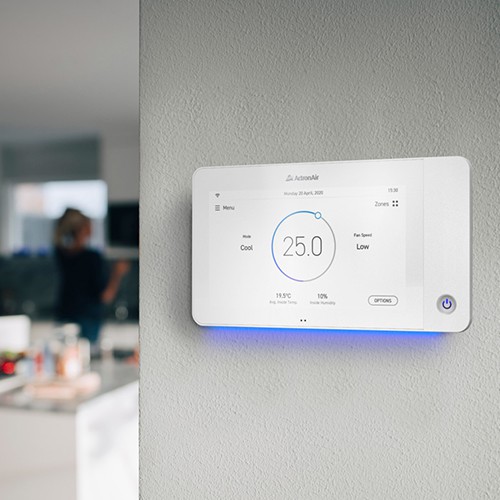Controlling the temperature of your office is just one of the many expenses that are necessary for small businesses. No one wants their employees to be uncomfortable, because it will reduce their satisfaction in the work place. If the office is always too hot or cold, they might keep one eye out for another job, just to escape the discomfort.
If clients or customers come into your business, you will want the temperature to be pleasant for them as well. If the place is freezing or sweltering, they might decide to leave before they get their business done. It also looks unprofessional if your entire workforce are dripping with sweat while you try to conduct a meeting.
How to Keep Your Small Business Comfortable?
There are many reasons for wanting to keep your small business cool in summer and warm in winter. The most flexible way to deal with the climate in any season is with air conditioning. It’s so easy to adjust the thermostat to keep everyone comfortable. Other systems simply don’t have the same ease of use that comes with air conditioning.
Which Air Conditioner Is Best?
The world of air conditioning is incredibly complex. There are many different brands each making a range of types and models. So much choice can make it very difficult to narrow down the right air conditioner for your situation.
Small businesses tend to take up a reasonable amount of space and have multiple people in throughout the day. These aspects rule out portable air conditioners and window units. They are both just too inefficient for the needs of a business. If you used them all day to try and control the temperature of a large office, your electricity bills would be massive. This leaves you with one main category of air conditioner to choose from, split systems.
Which System Is Right for Your Small Business?
Split systems come in two broad types, ducted air conditioning and wall-split systems. Ducted air is also known as central air conditioning, while wall-split systems are often called ductless systems or even just split systems.
Ducted air conditioning systems are designed for larger areas, such as whole houses, offices or shopping centres. They comprise of a condenser that is kept outside and an evaporator unit that is often in the roof space. The evaporator is connected to a fan which pushes cool or hot air through a series of ducts. These open up into rooms via vents.
Wall-split systems work under similar principles, just on a smaller scale. In a wall-split, the condenser is also split apart from the evaporator, which is where these systems get their names from. The condenser sits outside and is connected to the evaporator with hoses.
Packaged systems combine the various elements of the system into 1 unit, containing the condenser and evaporator. These can span in capacity from smaller sizes suitable for small locations right through to systems the size of shipping containers, suitable for large scale commercial applications like shopping centres.
Which Split System Is Cheaper?
Ducted air conditioning is more complex and usually has a much higher upfront cost. This covers both the air conditioning units themselves and the labour involved in fitting them. Despite this higher initial cost, ducted systems can be more efficient at cooling larger spaces.
Wall-split systems are similar and don’t require such significant modifications for installation. Because of this, they are generally cheaper upfront, but may be less efficient, depending on the size of the space that needs to be controlled.
How Big Is Your Small Business?
Which system is most appropriate for your small business will largely depend on its size and layout. If your business only has a few people in a small area, you might find that a wall-split system is more than big enough for your needs. For a slightly larger business, a multi-head system hooked up to a single air conditioner may also be a suitable option. The advantage of a zoned system is that you can have different temperatures in each zone, as well as being able to close off zones when not in use to save energy.
A wall-split system will also mean that you won’t need to make extended modifications to the building. This can reduce any delays that could be caused during installation. It will also make it easier to get approval from a landlord.
If your business involves lots of people working across a larger space, you might find that the reduced energy costs of a ducted system make it the cheaper option in the long run. It is best to get an air conditioning professional to come out to your business for an inspection. They can measure up your space and tell you which kind will be the most effective for your situation.
Buying the Ideal Air Conditioning System
Once you have decided which kind will be best for your business, it’s time to pull the trigger and go ahead with the purchase. The best way to go about this is to contact an ActronAir dealer and get them to come out and give you a quote. Make sure to enquire about the energy usage of each system options.
Air conditioning is a significant investment, so you want to make sure that you buy an effective unit for your comfort needs. It is best to look past the initial price and consider what each proposal will end up costing you over the life of the system. This includes the upfront costs as well as maintenance, repairs and electricity. If you make your purchase carefully, you can have a comfortable office throughout the year without any budget blow-outs.


